
This is a little out of order, but it occurred to me that we (I) hadn't blogged anything about this and I should have done. (I've also pasted it into an earlier Locke note, but you might not notice it there. Or here probably.)
We saw how Locke’s views on ‘primary’ and ‘secondary’ qualities emphasise his belief in the physical world as grounding the sense data that empiricism relies on.
Locke’s famous snowball has primary qualities of ‘solidity, extension, figure and mobility’, in other words it takes up a certain round space in the world, you can see it and if it hits you, you’ll feel it! These qualities are in the snowball itself and will not vary according to the circumstances of the person experiencing it: they are what we might call (although I don’t think Locke does) objective qualities.
On the other hand the secondary qualities such as colours sounds and tastes vary as the circumstances of the person experiencing the snowball vary: the first snowball to hit you feels colder that than the fifth, the colour and sound it presents to your senses varies according to when, where and how you experience it.
So, if Locke thinks that the objects in the real world have primary qualities that are independent of observers then he is a ‘realist’. He thinks the world is, and is in a particular way.










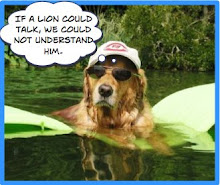
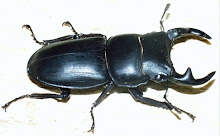
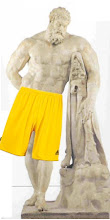


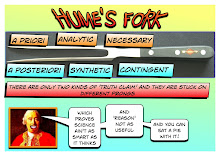
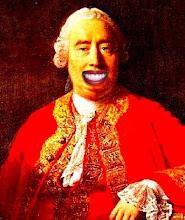



.jpg)

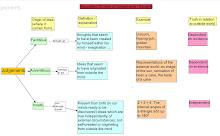
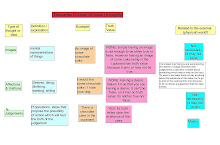
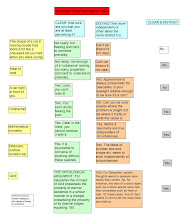



4 comments:
Sir me and Nicola can't do your crazy essay. And we are trying. And I just bought Yasmine's christmas present... but that's not really relevant :)
Oh and do you have a lesson first tomorrow???
I was free first lesson and taught philosophy second lesson.You missed both opportunities for help with the 'crazy essay'.
What don't you get?
Be methodical.
use the tools available.
Extracts, handouts, blog, website, text book, etc.
the essay is still crazily difficult, but i shall try :) and i do deeply apologise for missing your wonderful lesson (seriously)
Post a Comment